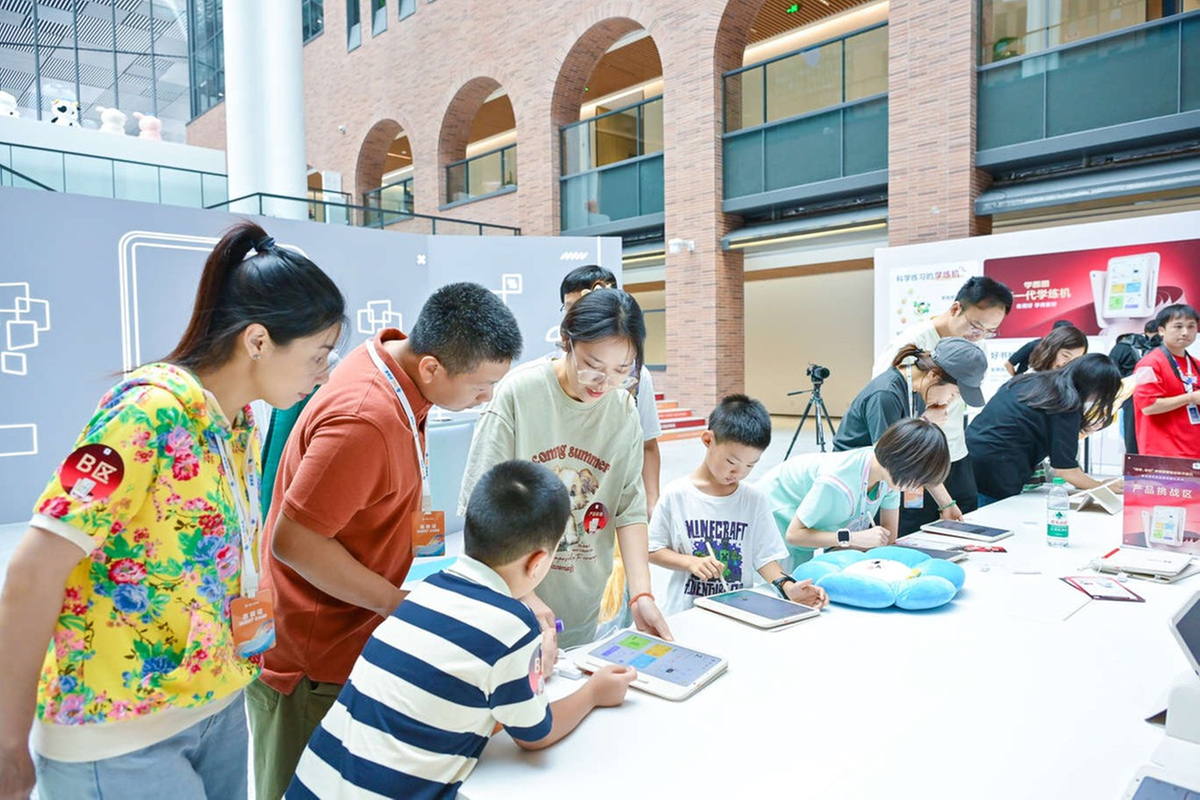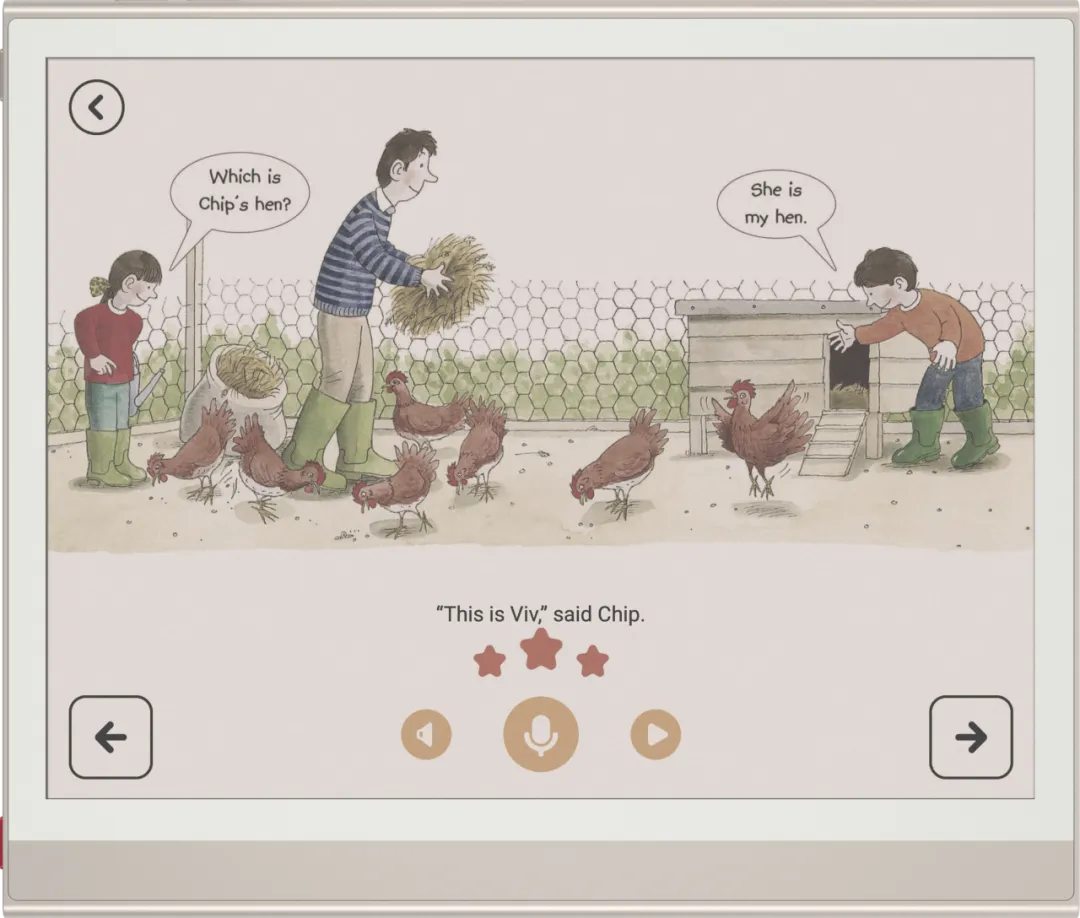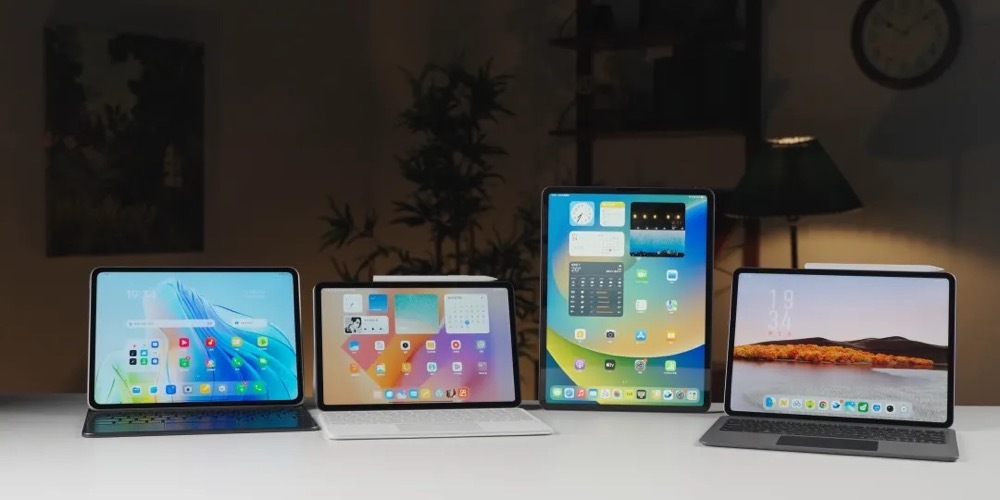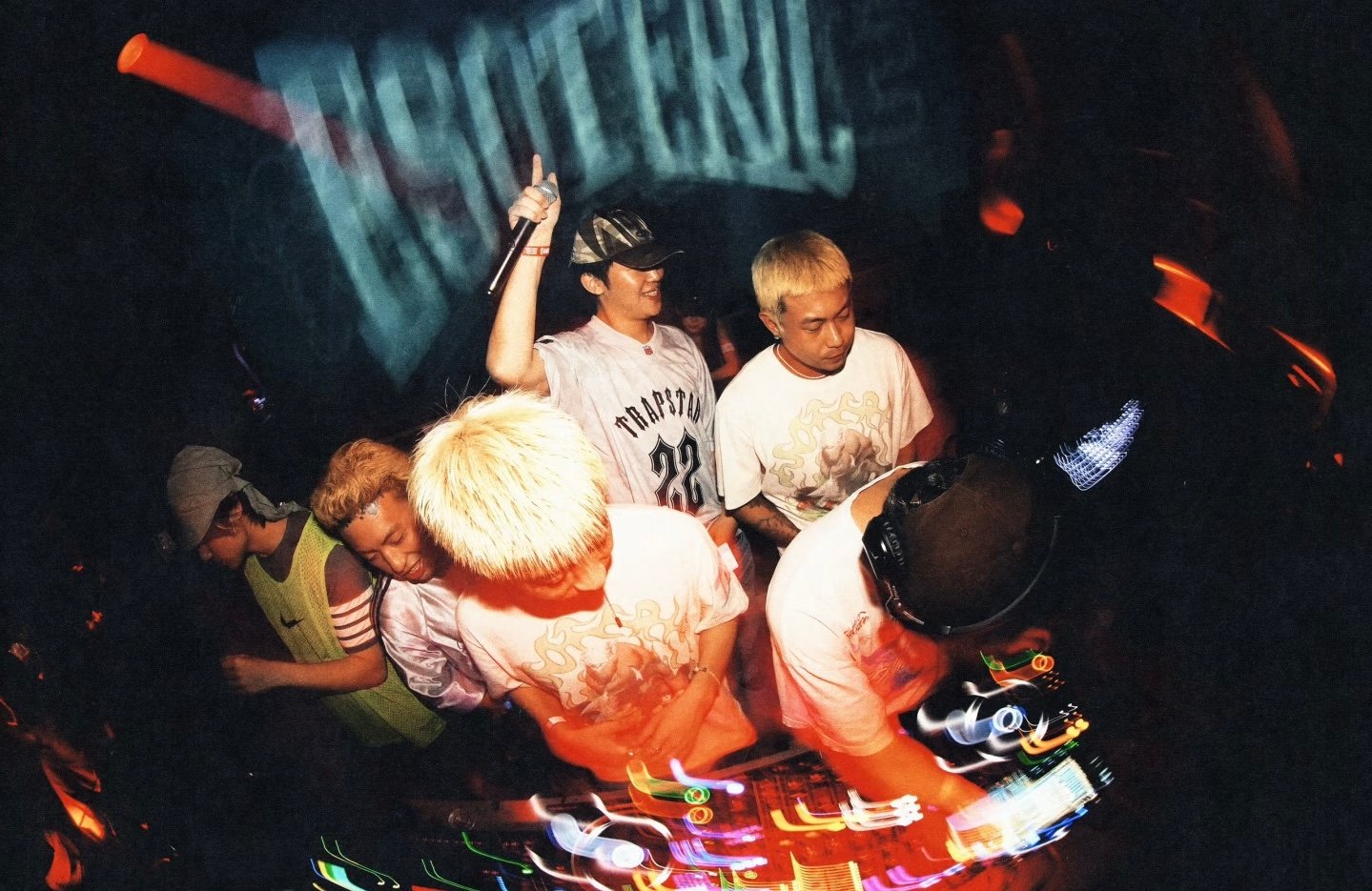A new product is gaining popularity among Chinese parents: tutoring tablets. These devices are designed to assist school-aged children with learning, offering exercises and mock exams across various subjects. Despite their high price — nearly 4,000 RMB, or $548 USD — parents continue to debate their effectiveness while showing strong interest in purchasing them.
One of the pioneers in the tutoring tablet market is Xueersi. Before 2021, the education sector in China was booming, with companies like Xueersi offering extracurricular courses. After regulatory changes in 2021 banned such tutoring services, many education companies shifted their focus to technological devices. For Xueersi, this transition was eased by its established reputation for delivering high-quality educational services to a loyal customer base.

Another major player, Xiaoyuan, has leveraged its expertise in technology to compete in this growing market. Originally founded as a search engine, Xiaoyuan gained popularity for its accurate OCR (Optical Character Recognition) technology, which allows students to scan exercises and receive detailed solutions. In 2024, Xiaoyuan launched its first black-and-white, paper-like screen tutoring tablet, which quickly sold over one million units. Building on user feedback from over 0.9 million reports, the company has since introduced a color-screen version to appeal to younger children.

In addition to former education giants, tech companies are also entering the field. iFlyTek, for instance, has won support from parents with its versatile question banks and reliable question recognition and correction systems. The rise of EdTech reflects evolving trends in Chinese families’ educational investments. With education remaining a top priority, more families—now often with multiple children due to relaxed birth control policies—are opting for tools like tutoring tablets, which cater to children of different ages. Unlike one-time investments in extracurricular courses, these devices offer continued utility across siblings.
Tutoring tablets have already become an essential product for families with school-aged children. Ultimately, their effectiveness depends on the child’s own initiative and engagement. Nevertheless, learning through interactive tools like these tablets offers a promising alternative for education in the digital age.
Banner image via Wechat.















